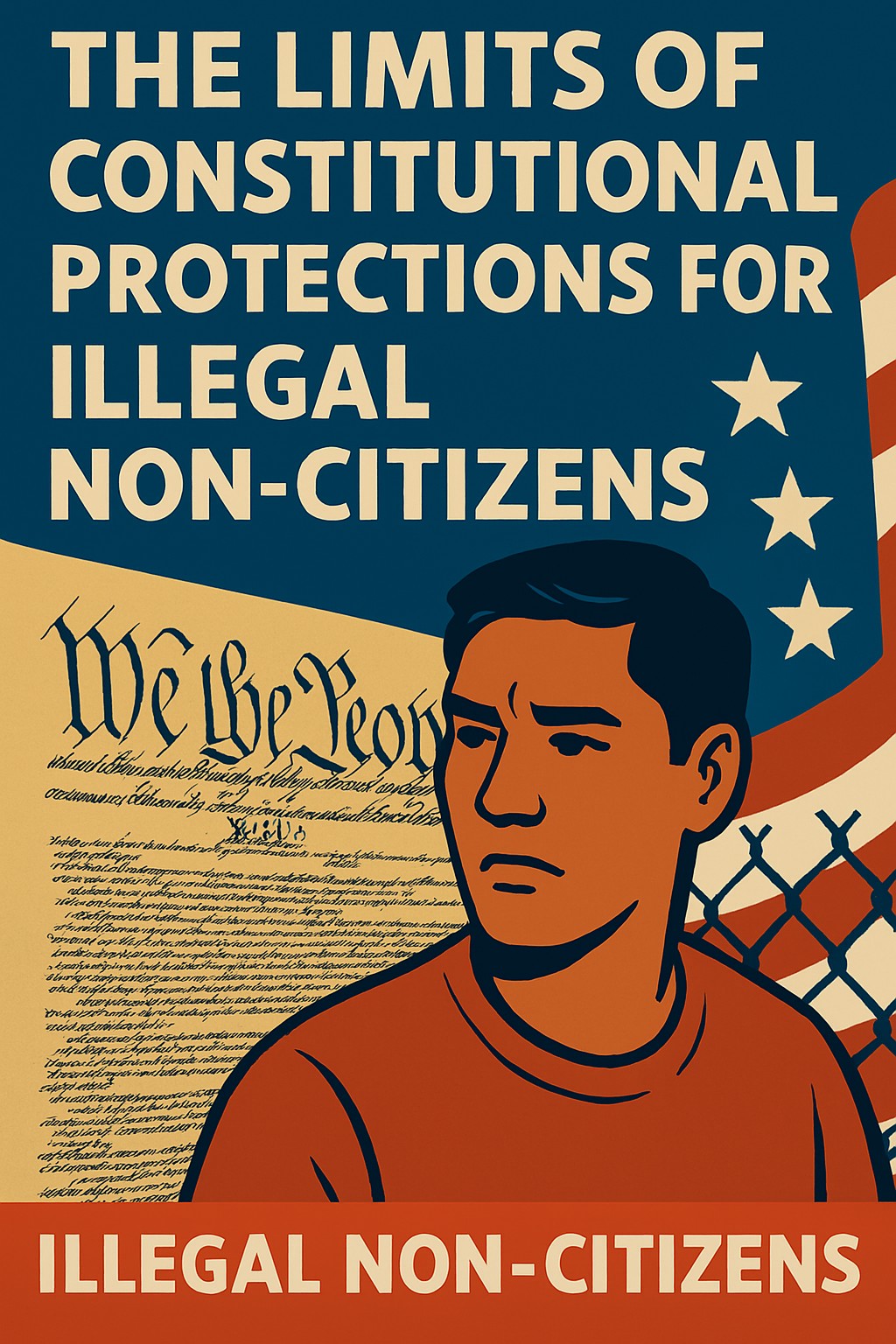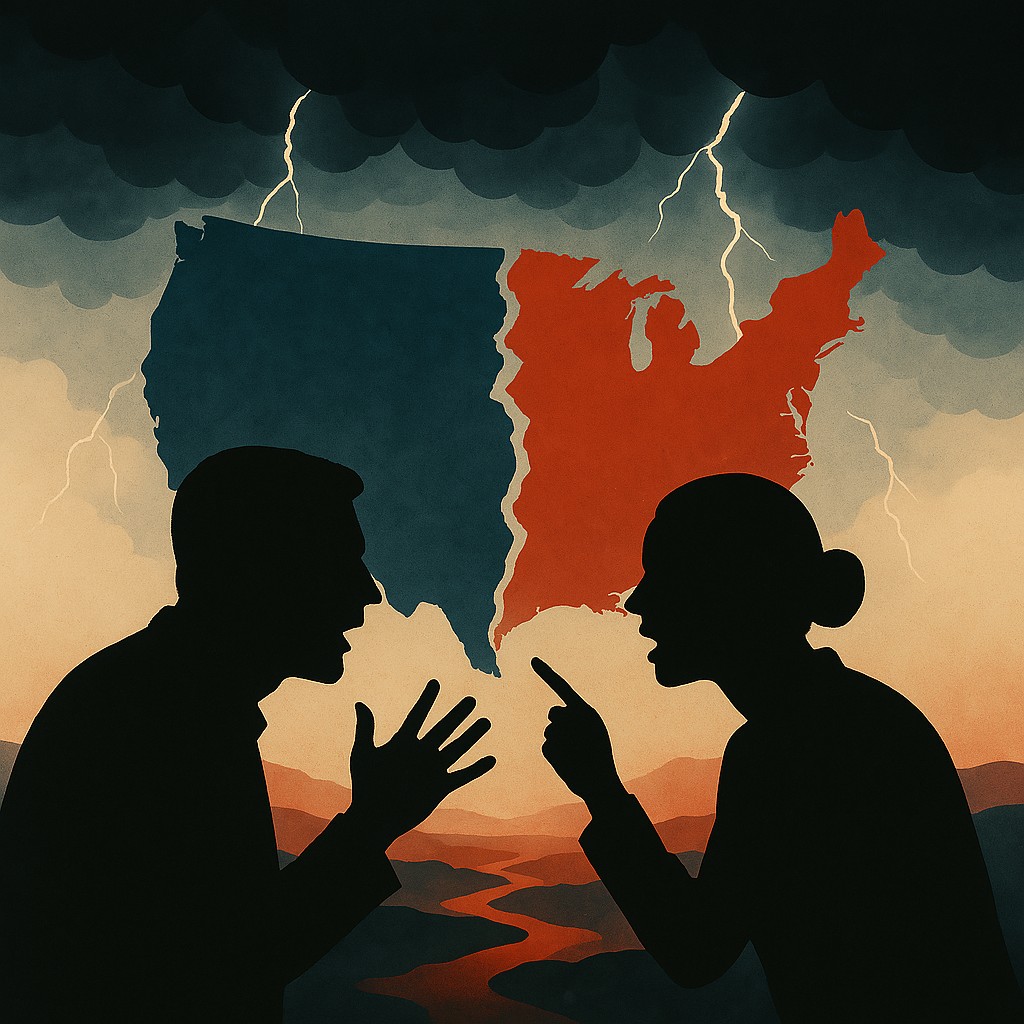By Richard Jones
In our modern age of information overload and digital connectivity, spreading misinformation and disinformation has become a pressing issue with profound societal implications. As we grapple with who decides what constitutes misinformation and disinformation, we face a complex and multifaceted challenge that touches upon freedom of speech, censorship, and the role of governments and tech companies in shaping the information landscape.
One of the most significant drawbacks of allowing governments or tech companies to decide what qualifies as misinformation and disinformation unilaterally is the potential for abuse of power and censorship. History is rife with examples of authoritarian regimes using censorship under the guise of combating misinformation to suppress dissenting voices and control the flow of information to the public. When governments or powerful tech companies wield unchecked authority over what can and cannot be shared online, it sets a dangerous precedent that undermines the principles of free speech and open discourse.
Furthermore, the subjective nature of determining misinformation and disinformation poses a significant challenge when entrusted to centralized authorities. Different individuals and organizations may have varying interpretations of what qualifies as false or misleading information, making it difficult to establish a universally agreed-upon standard. This lack of consensus opens the door to bias and manipulation, as those in positions of power may use their influence to shape the narrative to suit their agendas.
To address the complex issue of misinformation and disinformation, there is a pressing need for unbiased fact-checking mechanisms that are independent of government and corporate influence. Fact-checking organizations that adhere to rigorous standards of evidence-based analysis and transparency can play a crucial role in verifying the accuracy of information circulating online and debunking false claims. By promoting transparency and accountability in the fact-checking process, these organizations can help empower individuals to make informed decisions and combat the spread of misinformation and disinformation, making the audience feel more empowered and informed.
Artificial intelligence (AI) holds immense potential as a tool for detecting and combating misinformation and disinformation at scale. AI-powered algorithms can analyze vast amounts of data in real time, identify patterns of false information, and flag potentially misleading content for further review by human fact-checkers. By leveraging AI technology, we can significantly enhance the efficiency and effectiveness of fact-checking efforts and respond more quickly to emerging misinformation threats online, instilling hope and optimism for the future.
However, it is important to recognize that AI is not a panacea for the challenges of misinformation and disinformation. AI algorithms are only as good as the data they are trained on, and they can be susceptible to biases and errors that may inadvertently exacerbate existing problems. Therefore, it is essential to approach AI in combating misinformation and disinformation with caution and ensure that human oversight and ethical guidelines are in place to mitigate potential risks, providing reassurance about the ethical use of technology.




